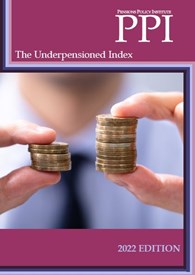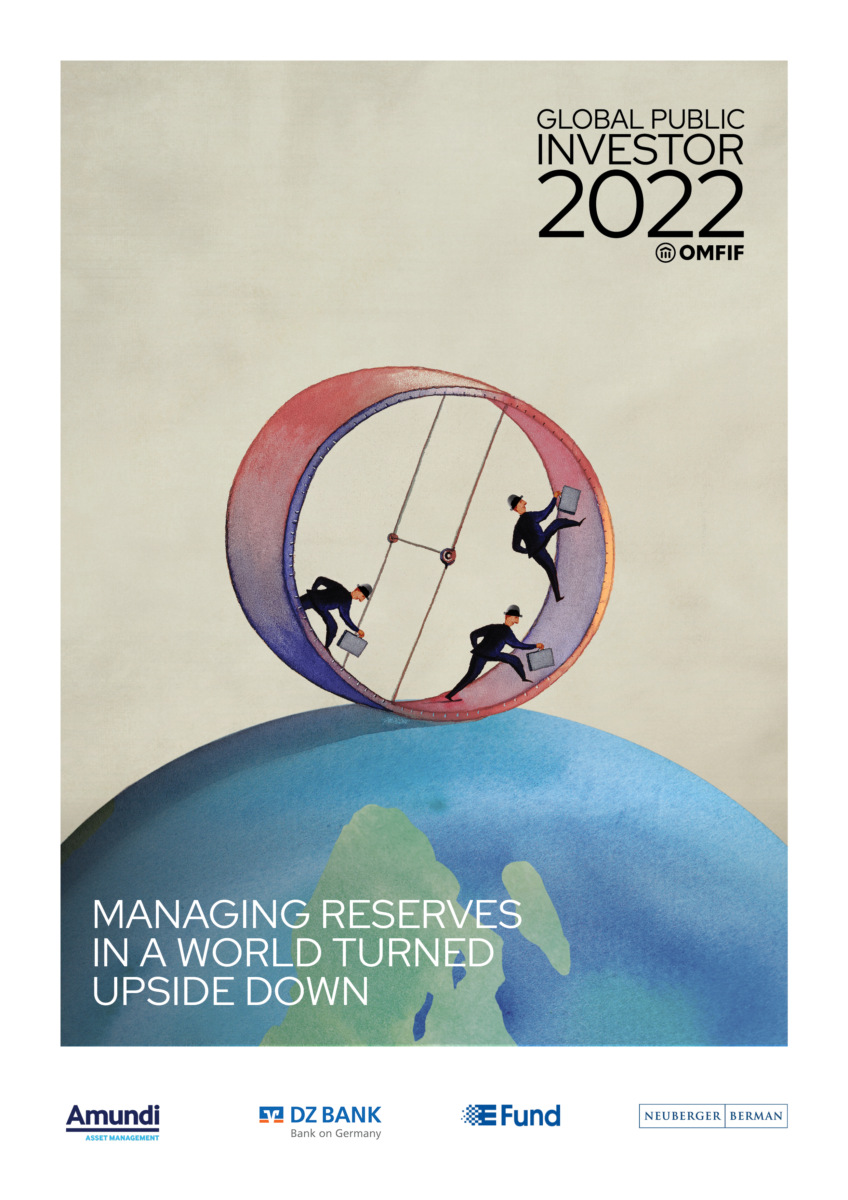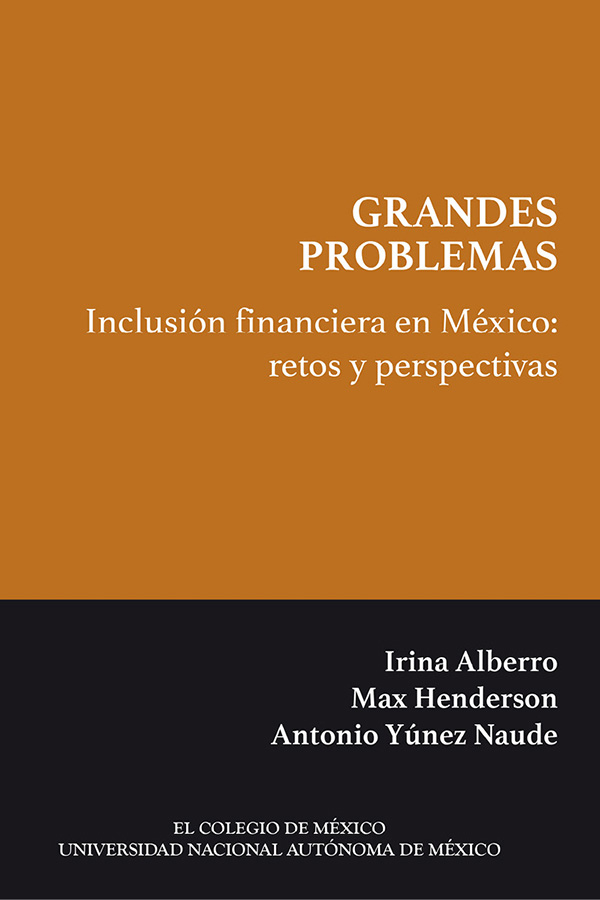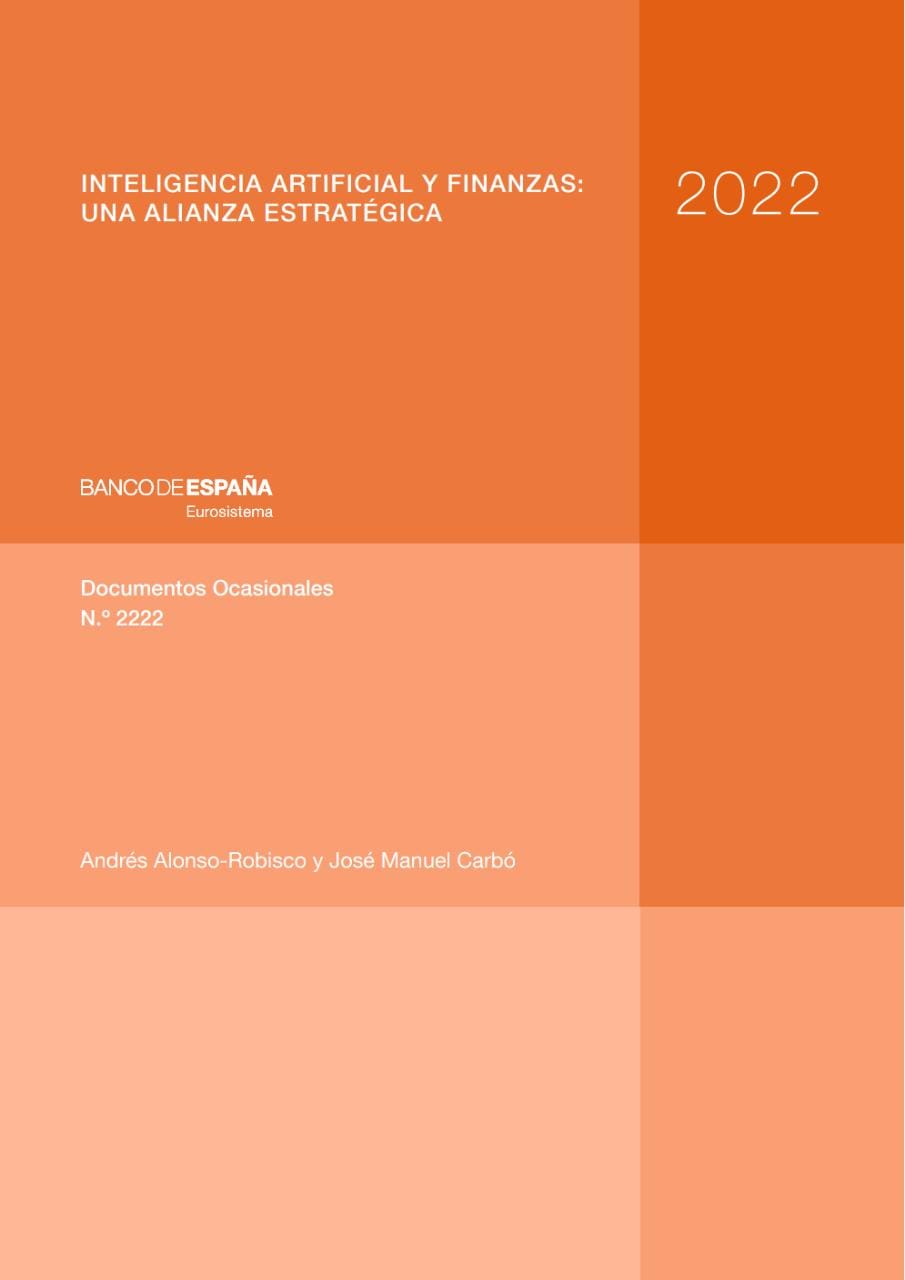Declining US Natural Interest Rate: Quantifying and Qualifying the Role of Pensions
By: Jacopo Bonchi & Giacomo Caracciolo We develop a life-cycle model and calibrate it to the US economy to quantify and qualify the role of the public pension system for the past and future trend of the natural interest rate, the so-called r∗. Between 1970 and 2015, past pension reforms mitigated the secular decline in r∗, raising it by around 1%, mainly through the positive effect of a higher replacement rate. As regards the future, we simulate the demographic trends, expected...










